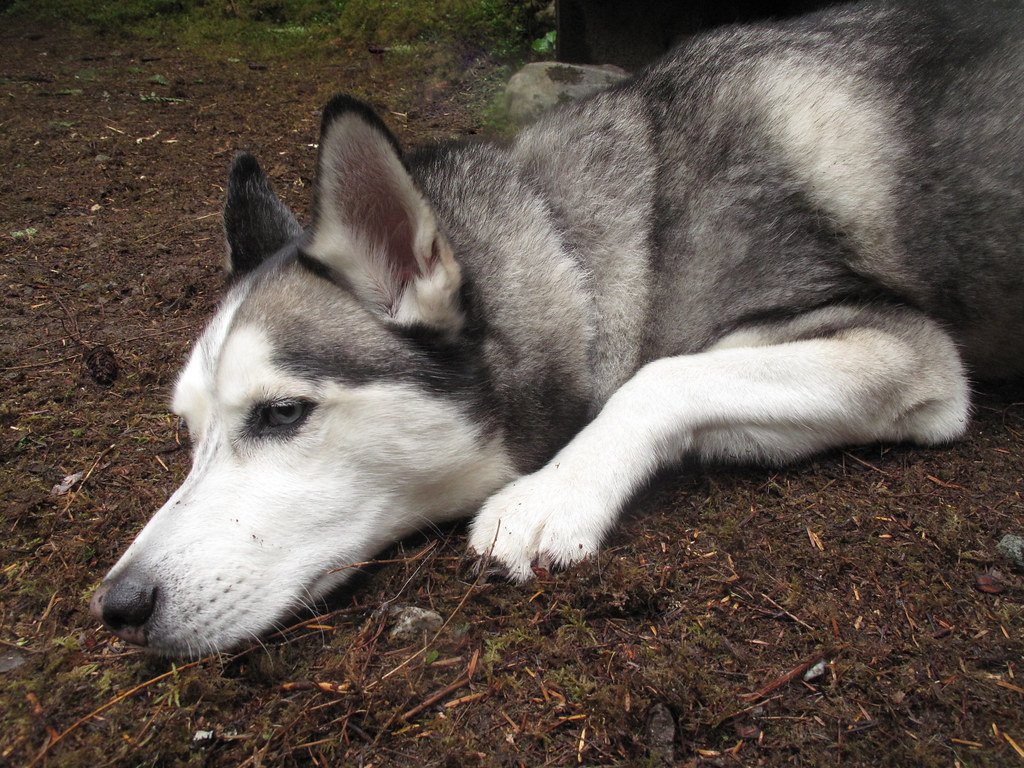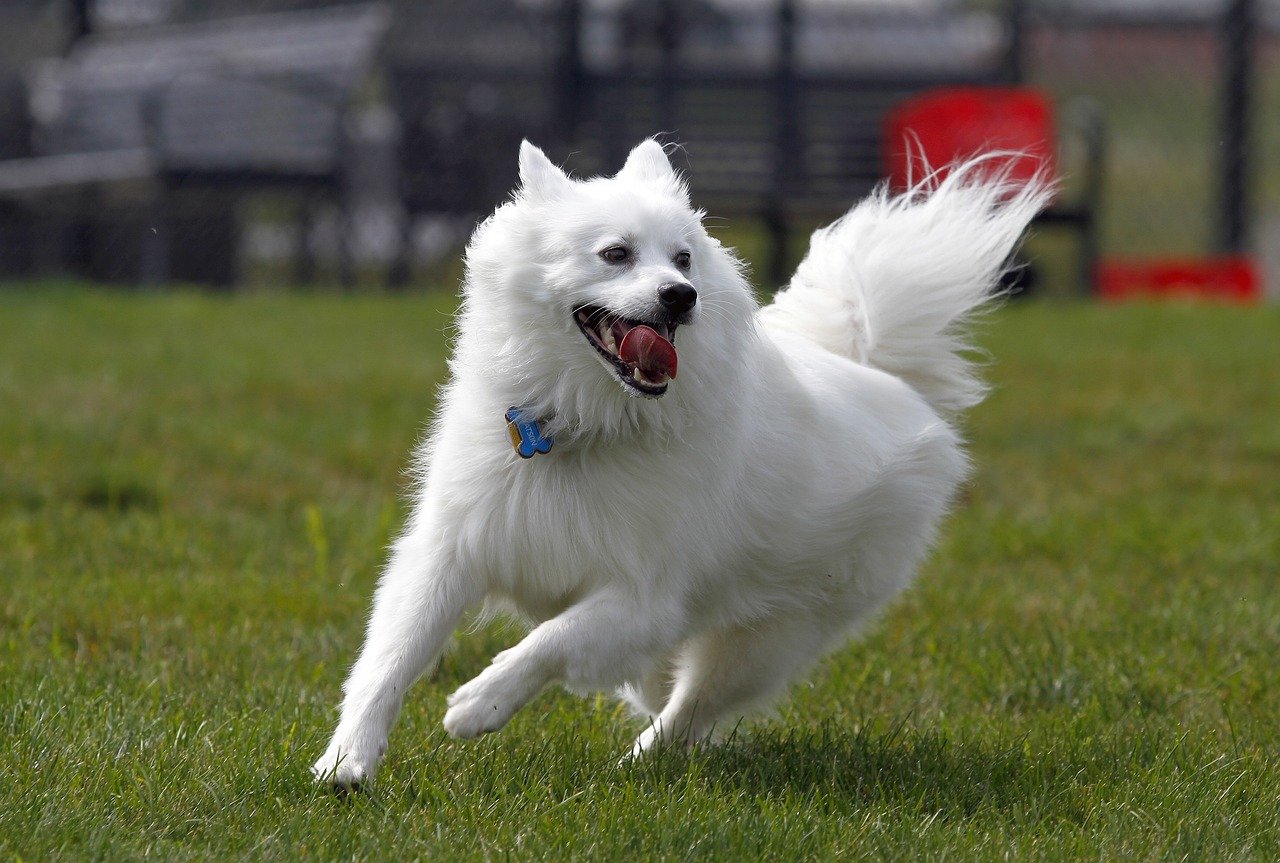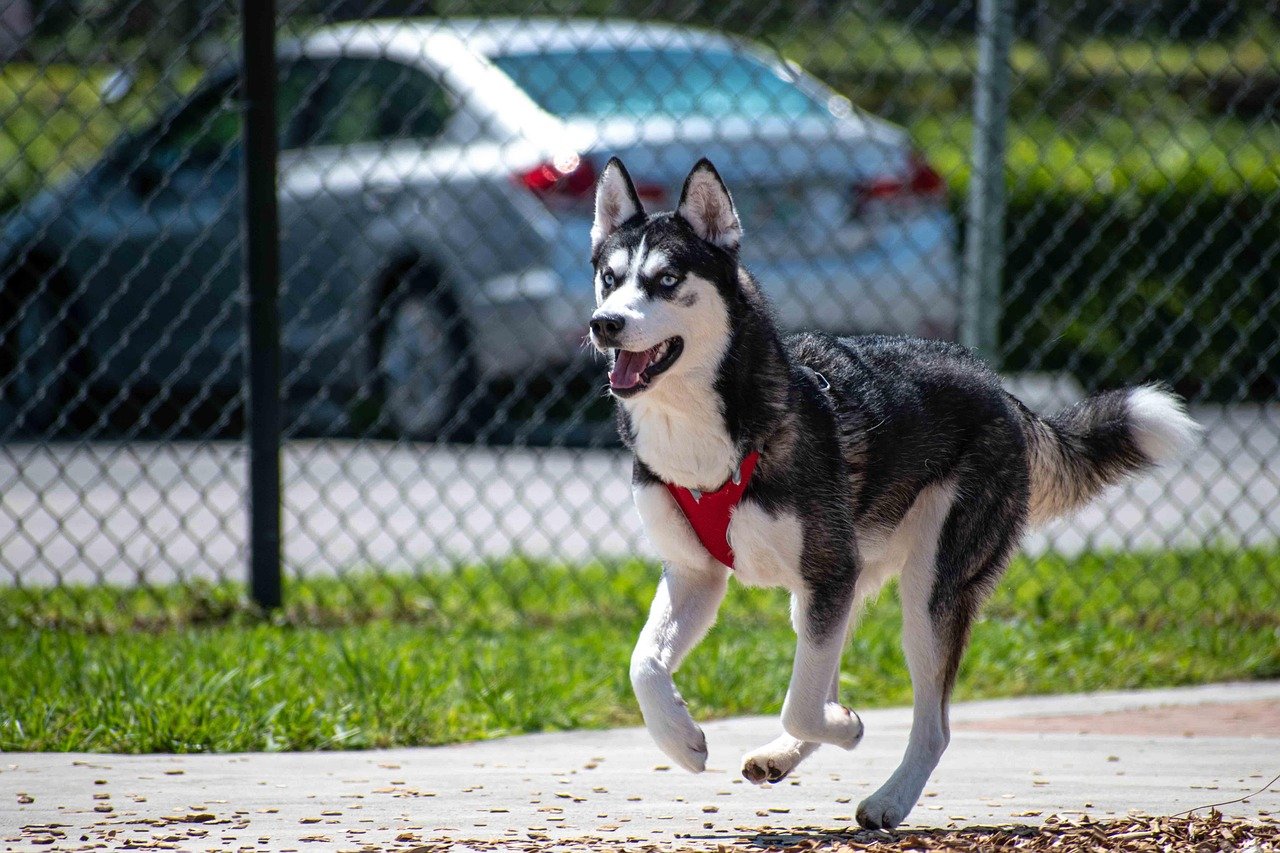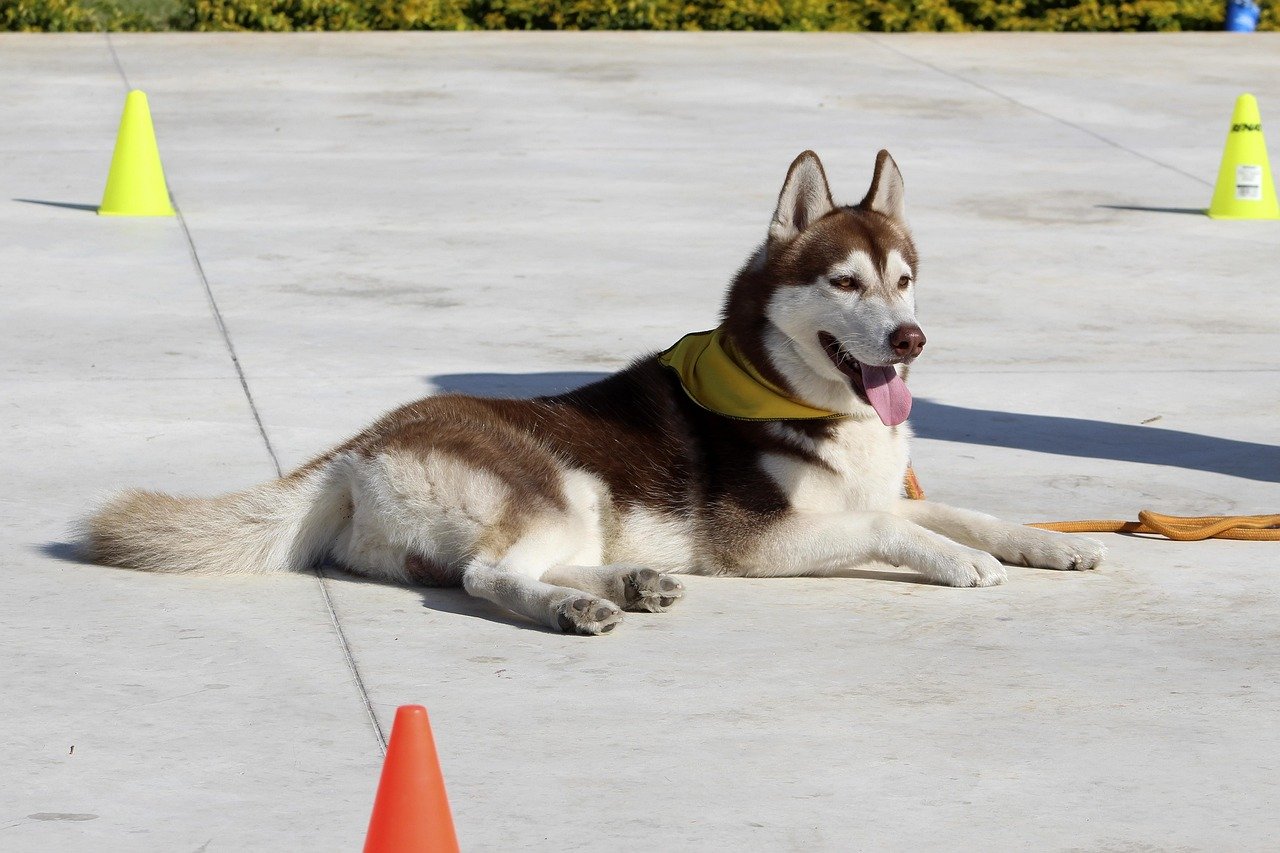Huskies are stunning, energetic dogs—but they’re not always the best fit for senior citizens. These high-energy pups need tons of daily exercise, mental stimulation, and consistent training to stay happy and well-behaved. Without it, they can become bored and destructive. They’re also known for being independent and a bit stubborn, which might be a challenge for someone seeking a more laid-back companion. That said, an active senior with experience in dog handling and a spacious yard might still enjoy the adventure of owning a Husky. It’s all about lifestyle and energy match. Before bringing one home, it’s important to seriously consider whether a Husky’s needs align with your daily routine and capabilities.
The Husky Personality: Energetic and Independent

Huskies are notorious for their vibrant personalities. They’re not the kind of dog that lounges around all day; instead, they’re full of spunk, curiosity, and mischief. This breed was born to run—literally. Huskies were bred to pull sleds over long distances, and that drive still pulses through their veins today. If you’re someone who loves daily adventures and a bit of excitement, a Husky will keep you on your toes.
However, their independence can be a double-edged sword. While some may find their stubborn streak endearing, others might get frustrated when their Husky ignores commands in favor of following their own nose. For seniors who appreciate a more obedient or snuggly companion, this could pose a challenge.
Physical Activity Requirements: Can You Keep Up?
Owning a Husky is not for the faint of heart—they need plenty of exercise. These dogs aren’t content with a quick stroll around the block; they crave long walks, playtime, and the freedom to run. For active seniors who enjoy hiking or daily outdoor activities, a Husky could fit right in and even add extra motivation to stay healthy.
But if mobility is limited or you’re dealing with health concerns, meeting a Husky’s exercise needs could quickly become overwhelming. Lack of activity can lead to destructive behavior, like chewing furniture or digging up the garden. It’s vital to be honest about your lifestyle and abilities before inviting a Husky into your home.
Grooming Demands: Fluffy, But High Maintenance

Huskies are famous for their striking double coats. While their fur is undeniably beautiful, it requires regular attention. Expect to brush your Husky at least a couple of times a week—and even more during their heavy shedding seasons, which happen twice a year. These “coat blowouts” can leave your home looking like a snowstorm hit, and cleaning up can be a real chore.
For seniors who enjoy grooming and bonding with their dog, this can be a rewarding experience. However, if arthritis or reduced dexterity makes brushing difficult, you might need to budget for professional grooming services. The key is to be realistic about how much time and energy you can devote to keeping your Husky’s coat in tip-top shape.
Training Challenges: Patience Required

Training a Husky is not impossible, but it does take patience—and a good sense of humor. These dogs are smart, but their independent nature means they’re not always eager to please. Consistency and positive reinforcement work best, but progress can be slow.
For seniors who have trained dogs before, this can be a fun challenge. But for those new to dog ownership, or anyone who prefers a quick learner, the Husky’s strong will can be tough to navigate. Joining a training class can help, and it’s also a great way to bond with your dog and meet new friends.
Socialization Needs: Friendly, But Sometimes Too Much
Huskies are famously friendly with people and often with other dogs. They’re not known for being aggressive, which can be comforting for those who may have grandchildren or frequent visitors. Their playful attitude can bring laughter and joy to any home.
However, their exuberance can also be a handful. Huskies sometimes forget their size and strength, jumping up or bowling over smaller folks in their excitement. Seniors who are unsteady on their feet might find this a little risky, so it’s important to teach good manners early on.
Escape Artists: Secure Fencing Is a Must

If you’ve ever heard stories of Huskies leaping over fences or digging their way to freedom, believe them. Huskies are master escape artists, driven by curiosity and a strong prey drive. It’s not unusual for a Husky to scale a six-foot fence or tunnel beneath it in search of adventure.
For seniors, this means securing your yard is non-negotiable. High fences, buried wire, and constant vigilance are required. If you live in an apartment or don’t have a secure outdoor space, consider whether you can meet a Husky’s need for safe, supervised exercise.
Health Considerations for Seniors: Safety First
As we age, our physical abilities can change. Huskies, with their strength and energy, can sometimes pull unexpectedly or dart after a squirrel, risking falls or injury. Using harnesses that provide more control or enlisting help for walks might be necessary.
It’s also smart to think about what would happen if you were temporarily unable to care for your dog. Having a support system—family, friends, or a pet sitter—ensures your Husky’s needs are always met, even if you need a helping hand.
Long Lifespan: A Long-Term Commitment

Huskies typically live 12 to 15 years, sometimes longer. This is a big commitment for anyone, but especially for seniors. It’s important to consider your own plans for the future. What if you travel, move to assisted living, or face unexpected health changes?
Some seniors find peace of mind by having a care plan in place for their pet, such as designating a trusted friend or family member to take over if needed. This helps ensure your Husky will always have a loving home, no matter what.
Financial Responsibilities: More Than Just Food
Caring for a Husky isn’t cheap. Beyond the basics of quality food, regular vet visits, and vaccinations, you’ll need to budget for grooming, training, and possibly fencing upgrades. Emergency medical care can also be costly, especially as your dog ages.
For seniors on a fixed income, it’s important to crunch the numbers before bringing a Husky home. Sometimes, adopting an older Husky from a rescue group can be a good option, as their needs may be less intense and the adoption fee might cover some initial health expenses.
Emotional Benefits: Joy, Laughter, and Companionship
Despite their quirks, Huskies can bring immense joy and warmth to a home. Their playful antics, expressive faces, and love of life are infectious. Many seniors find a renewed sense of purpose and happiness caring for a dog, enjoying the companionship and routine they provide.
The unconditional love of a Husky can help combat loneliness and keep spirits high. Their enthusiasm for life is downright contagious, and there’s nothing quite like a Husky’s goofy grin to lift your mood on a tough day.
Alternatives: Other Breeds to Consider

If you love the look and personality of Huskies but worry about keeping up, there are similar breeds with less demanding needs. For example, Alaskan Klee Kai and American Eskimo Dogs offer that fluffy, wolf-like appearance in a smaller, more manageable package.
Some seniors also consider lower-energy breeds like the Cavalier King Charles Spaniel or the Shih Tzu. These dogs can provide companionship without the extreme exercise requirements, making them a better fit for those wanting a gentle, loving pet.
Making the Decision: Is a Husky Right for You?

Bringing a Husky into your life as a senior is a big decision. It requires honest self-reflection about your lifestyle, health, and support system. For some, the challenge is invigorating and rewarding; for others, it may be more stress than joy.
If you’re uncertain, consider volunteering with a local Husky rescue or fostering a dog first. This can give you a taste of what life with a Husky is really like, without the lifelong commitment upfront. Whatever you decide, the most important thing is ensuring both you and your future furry friend will thrive together.
While Huskies are beautiful and loving, they’re definitely not the easiest breed to manage—especially for seniors looking for a low-maintenance companion. If you’re highly active and experienced with strong-willed dogs, a Husky might be a rewarding match. But for many seniors, a calmer, more easygoing breed is likely a better fit. Choosing the right dog means finding one that truly fits your energy, lifestyle, and daily routine.
Jen is a passionate nature lover and ocean conservationist. She has dedicated her life to protecting the environment and preserving the beauty of the natural world. Growing up in a small coastal town, Jen sincerely appreciated the ocean and its inhabitants. She has spent countless hours exploring the shoreline, learning about the creatures that inhabit the waters, and advocating for their protection. Jen is an active member of ocean conservation organizations, and she is committed to educating the public about the importance of conserving wildlife and the natural environment.






